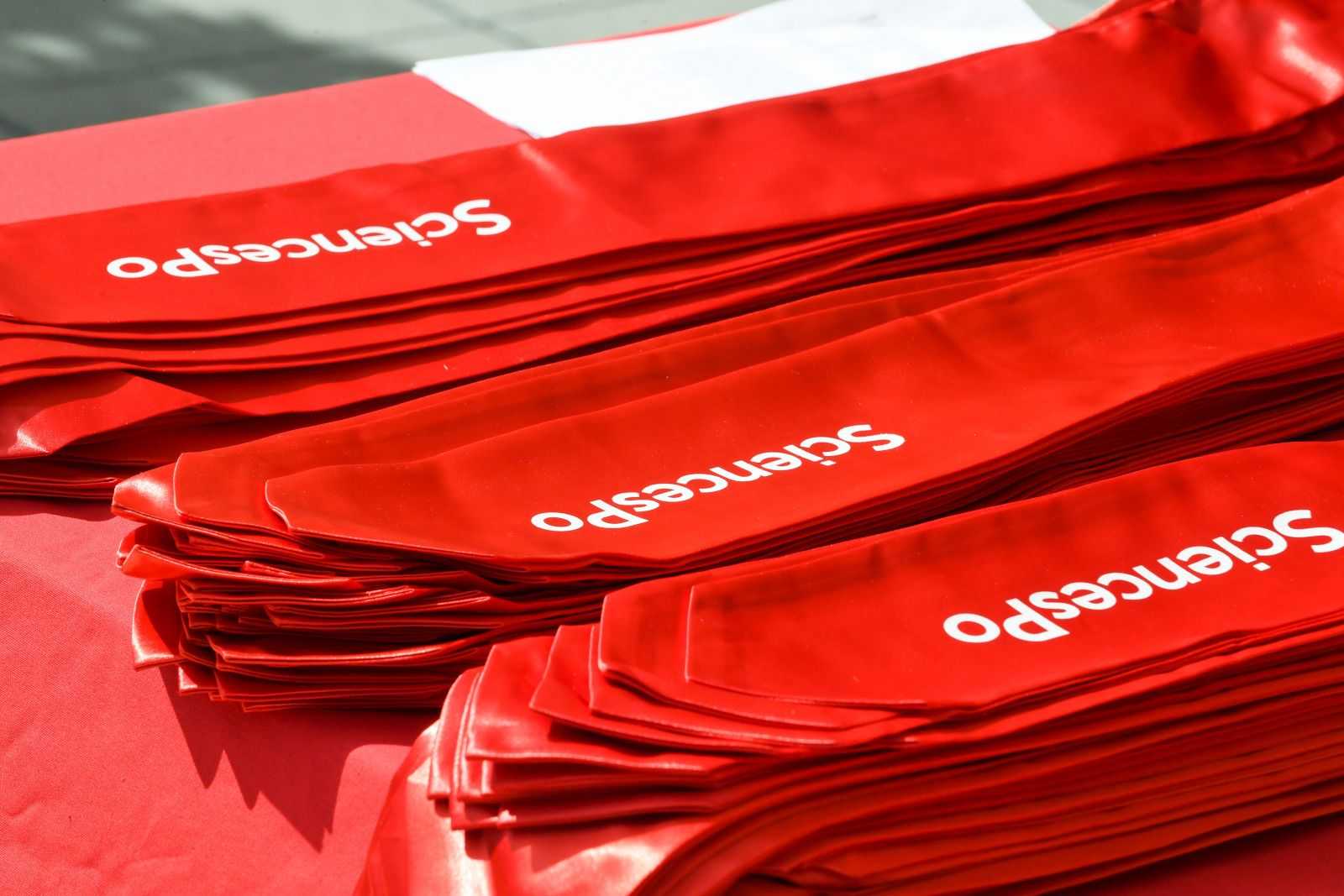
Home>Academics>Master in Journalism
Master in Journalism
Two-year Master's
Programme in French
120 ECTS minimum
Information Sessions: Masters

Discover all the Master's programs and admissions procedures during our many webinars and YouTube Live dedicated to future applicants.

Structured around four semesters over two academic years, with a minimum of 16 weeks of professional editorial experience, the Master in Journalism trains students for one profession alone: journalism.
Founded in 2004 in the earliest days of the Journalism School, the programme is now highly regarded among journalistic professionals and trains its students for careers at the cutting edge of the profession.
The Master in Journalism in Figures
- Approximately 60 students admitted per cohort
- Apprenticeship possible in the first year and in the second year
- Up to 35% receive scholarships
- Programme recognised by the French employment commission, the Commission Paritaire Nationale de l'Emploi des Journalistes (CPNEJ)
- A faculty of 160 teaching staff, the majority of whom are journalistic professionals
- 2 years of study, 4 semesters of courses
- Courses in French, with some options in English
- Minimum 8 weeks of mandatory internships in various news outlets per year
- 1074 graduates
Teaching objectives
Ranking and classifying facts; identifying the issues at stake in a news item (economic, social, political, sports etc.); acquiring broad general knowledge; gathering relevant testimonies; collecting data; checking these; surveying the field; speaking to sources; handling urgent information and long-term features alike; writing up a report; producing written, audio and visual content suitable for different uses and different screens; integrating digital practices of information production; mastering the mysteries of software development; pitching and running innovative editorial projects; anticipating media developments; being able to work in a group… These are some of the skills students acquire over the course of the programme.
The aim? To train the finest non-specialist journalists of future generations.
5 Pilars
The Master in Journalism is composed of 5 blocks :
1. YOUR MASTER'S DEGREE AT SCIENCES PO
- Common Courses, in French and in English, with all grade students from various masters at Sciences Po, to master academic knowlege
- Academic Courses, on a large range of topics to complete a rigorous general knowledge that is indispensable in the field
- Languages : being certified with a C1-level in English is needed to obtain your Master's degree
- Grand Oral, un capstone project that is produced at the end of the Master and is defended in front of a jury
2. BECOMING A PROFESSIONAL JOURNALIST
- Ethics of Journalism, to know how to handle questions of deontology and know how to think against you
- Press Law and Media Business Models
- French Press ID, freelances and contracts
- Angles and pitches
- Time and management project
- Networking
- Meet up with employers
- Bootcamps
- Newsroom experiences, in France or abroad
3. ON THE CUTTING EDGE OF DIGITAL PRACTICES
- Collecting facts and fact-checking
- Osint
- Artificial Intelligence for a certified information
- Data journalism, statistics, spreadsheets and visualisations
- Digital investigation
- Prospective to explore future business models of news
- Launch a start-up for news
4. PRODUCING NEWS
- Multiple editorial formats
- Multiple timings, from hard news to soft news
- On-the-ground reporting
- Writing
- News contents
- Editing
5. TIME FOR INSPIRATION AND CREATIVITY
- Photojournalism
- Annual conference about New Practices of Journalism #NPDJ to distinguish new trends of journalism
- Master class to meet with alumni, role models, and sources of inspiration
- Voice coaching workshops
- Thursday afternoon off
- Optional gap year to learn how to code at School 42
Curriculum
- M1 - Semester 1 (Fall 2025)
- M1 - Semester 2 (Spring 2026)
- M2 - Semester 3 (Fall 2025)
- M2 - Semester 4 (Spring 2026)
- Goals for each Semester
This programme can be changed anytime.
Graduate Employability
The employment rate for graduates of the Sciences Po Journalism School exceeds market statistics – source: annual Graduate Employability Survey conducted on the Classes of 2005 – 2025, with a 61,6% response rate.
See the results of the Career's Survey
Career Opportunities
Video journalist - Reporter - Anchor - Data journalist - Journalist - Digital journalist - Investigator - Foreign Correspondent - Columnist - Local - Local reporter - Infographic Designer - News director - Managing editor - Editor-in-chief
How do I apply?
The Master in Journalism is designed for candidates with a minimum of a Bachelor’s degree or equivalent, who come from various geographical, academic or professional backgrounds. Applicants should be able to demonstrate a strong academic record, journalistic potential and a keen interest in the world of news and the media. There is no age limit for applications.
There are three admission procedures, which vary according to the circumstances of the applicant:
- French procedure (FR) (for applicants having completed a French degree programme)
- International procedure (for applicants having completed a non-French degree programme)
- Sciences Po procedure (for applicants who have already studied at Sciences Po)



